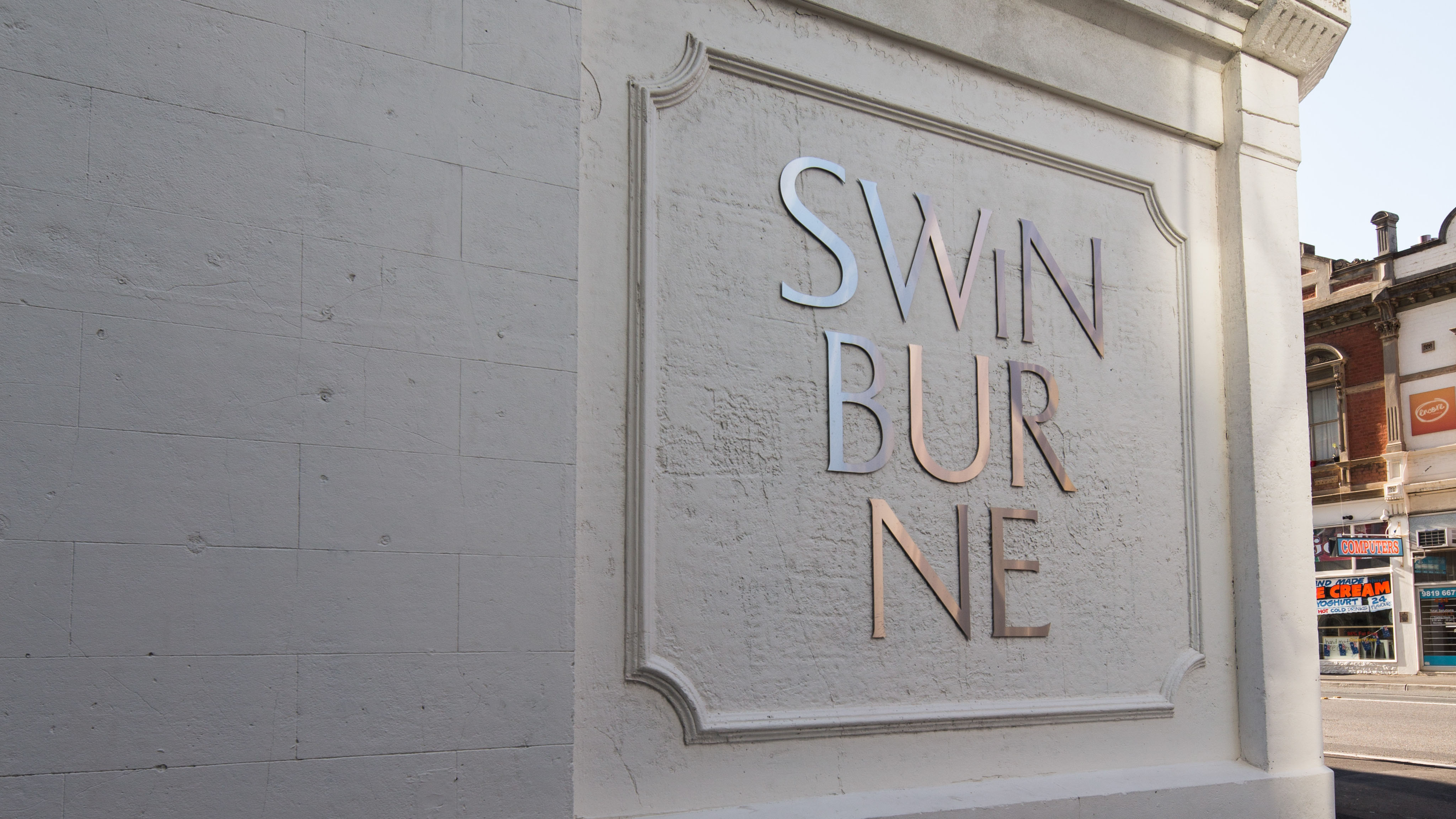Swinburne ARC grant success highlights industry connection

In summary
- Five Swinburne projects were awarded funding in the latest round of Australian Research Council (ARC) Linkage Projects grants
- The ARC’s Linkage Projects scheme supports collaborative research projects between higher education researchers and business, industry and community partners
- Successful projects include Swinburne’s first Indigenous-led ARC funded grant, as well as research into using biomass waste to build roads
Swinburne University of Technology has been awarded five industry and community connected grants worth more than $2.5 million in the latest round of ARC Linkage Projects.
The successful projects include Swinburne’s first Indigenous-led ARC funded grant, as well as research into using biomass waste to build roads, activating social connection to address isolation and broadening knowledge of south-eastern Aboriginal lives through photography.
Swinburne’s Vice-Chancellor Pascale Quester said the success across a range of projects recognised the university’s deep integration with industry.
“Swinburne is committed to working with industry to find tech solutions for a sustainable future,” Professor Quester said.
“Our success in the latest ARC Linkage Projects grant funding round highlights our capability to deliver these solutions and bring people and technology together to build a better world.”
Success for Swinburne research
Five Swinburne projects were awarded funding in the latest round of ARC Linkage Projects grants.
Moondani Toombadool Centre Research Fellow Dr Sadie Heckenberg will lead a project to develop a national framework that empowers self-determination in Aboriginal and Torres Strait Islander girls, creating life-changing educational opportunities.
Another project, led by Associate Professor of Indigenous Studies and History Karen Hughes, will work with Ngarrindjeri custodians and the South Australian Museum to recover, curate and exhibit a large archive of photographs created by Aboriginal photographers in the mid-20th century.
As COVID-19 lockdowns continue to have an impact on mental health, Director of the Swinburne Social Innovation Research Institute, Professor Jane Farmer, will lead a team to create world-first practical tools and guidance to activate social connections to address isolation.
In a bid to help reduce greenhouse gas emissions and redirect waste from landfills, geotechnical engineering expert Professor Arul Arulrajah will lead a team to develop a new low-carbon technology utilising biomass waste composites in road subgrades and bases.
Finally, a project entitled Scalable Graphene Enabled Smart Composites will look at creating new lightweight composite materials. Senior Research Fellow Dr Nishar Hameed is the Chief Investigator.
The ARC’s Linkage Projects scheme supports collaborative research projects between higher education researchers and partner organisations in the public, private and not-for-profit sectors.
Funding is awarded on a basis of a competitive process and rigorous assessment to support the highest-quality researchers and research projects across disciplines.
-
Media Enquiries
Related articles
-

- University
The future of fashion: Swinburne launches groundbreaking tech-focused fashion course
Swinburne University of Technology is fusing high tech and high fashion to launch a new forward-thinking Bachelor of Design (Fashion).
Thursday 25 July 2024 -

- University
Swinburne achieves first Cygnet Award through SAGE Athena Swan program
Swinburne has achieved its first Science in Australia Gender Equity (SAGE) Athena Swan Cygnet Award.
Monday 01 July 2024 -

- University
Future of National Institute of Circus Arts (NICA) secured
NICA will transition from Swinburne to the Australian College of the Arts (Collarts), as part of a new agreement that secures the future of circus arts in Australia.
Monday 22 July 2024 -

- University
Swinburne among world’s top 15 universities for scientific impact
Swinburne has been ranked in the top 15 universities in the world for scientific impact across all disciplines, based on the proportion of a university’s papers that belong to the top 1 per cent most cited in the 2024 CWTS Leiden Rankings.
Friday 19 July 2024 -

- Science
Hearing voices is common and can be distressing. Virtual reality might help us meet and ‘treat’ them
New research suggests that virtual reality may help treat auditory hallucinations. Avatar therapy allows a person to create a virtual representation of the voice or voices, which looks and sounds like what they are experiencing.
Wednesday 26 June 2024

